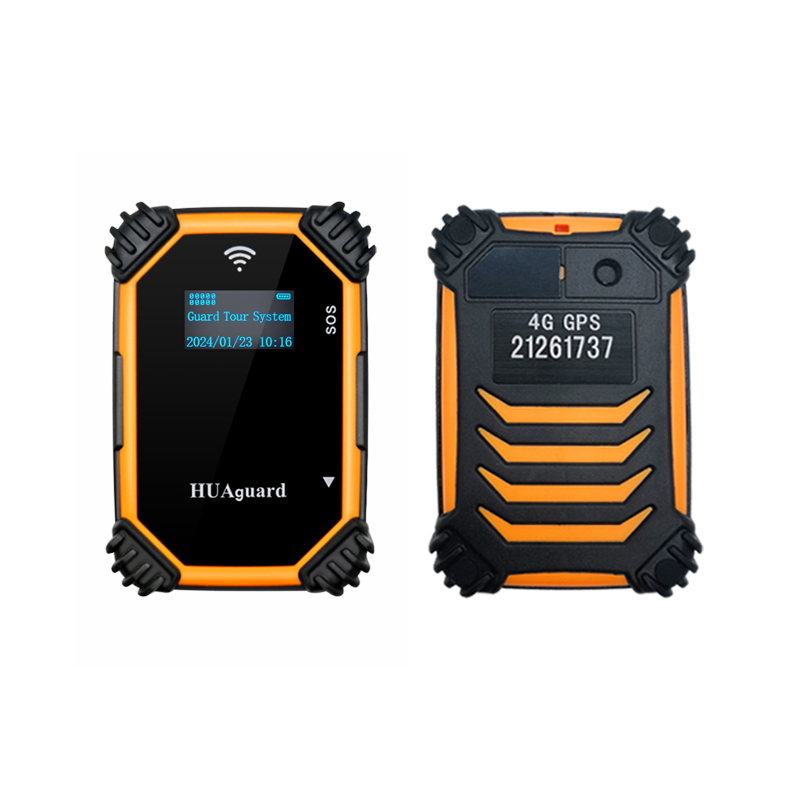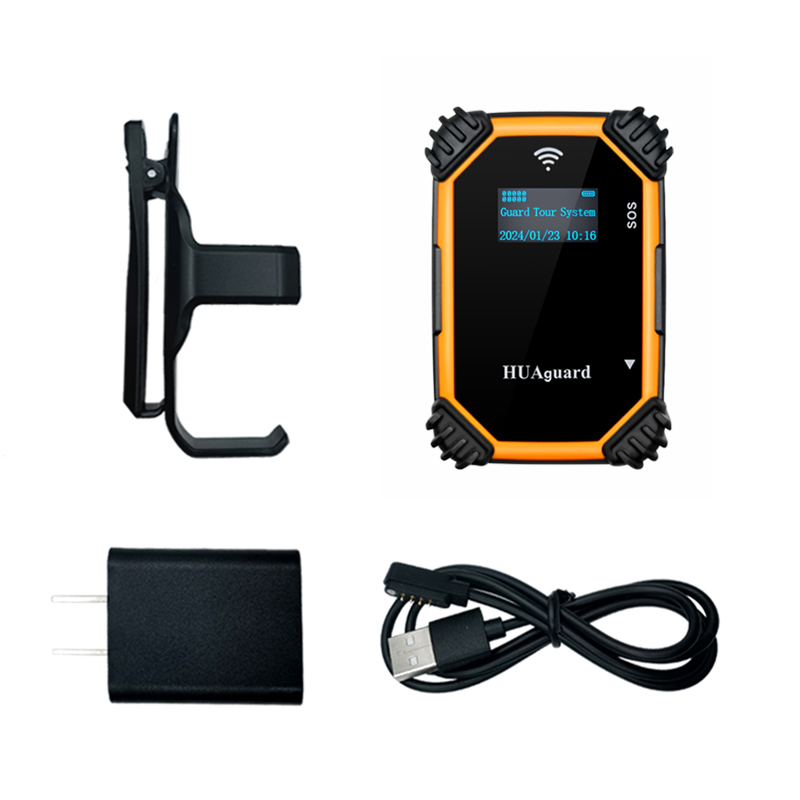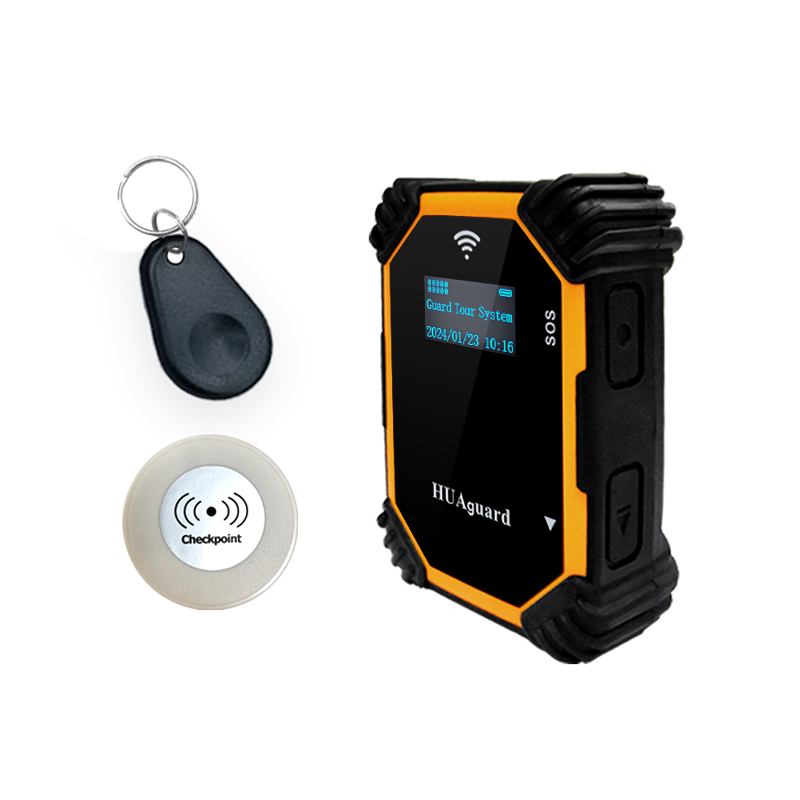

One of the key features of Eagle Access Control Systems is their ability to integrate seamlessly with other building management systems. This integration is essential to creating a truly smart building where different technologies work together harmoniously. Eagle systems interact with a variety of components, including lighting, HVAC, and fire alarm systems, to provide a unified platform for managing all aspects of building operations.
Integration with HVAC systems allows for automatic adjustments based on occupancy data. For example, if the access control system detects that a room is occupied, it can automatically adjust the temperature to ensure comfort. Similarly, integration with lighting systems enables intelligent lighting that responds to the presence of individuals, turning lights on when a room is occupied and off when the room is vacant. This level of automation not only increases convenience but also saves energy by reducing unnecessary energy consumption.
Security is a top priority for any smart building, and Eagle access control systems offer advanced technology that significantly enhances building security. More sophisticated solutions are replacing traditional access control methods, providing greater protection and flexibility. One of the most significant advancements in access control technology is the use of biometric authentication. Eagle systems employ biometric scanners that verify an individual’s identity based on unique physiological characteristics.

Mobile access is another innovation offered by Eagle access control systems. With mobile access, authorized individuals can use their smartphones to gain access to secure areas. This approach not only improves convenience but also enhances security by eliminating the need for physical access cards, which people might lose or steal.
Energy efficiency and sustainability are key considerations in the design and management of smart buildings. Eagle access control systems contribute to these goals by integrating with building systems to optimize energy use and reduce environmental impact.

One of the primary ways Eagle systems support energy efficiency is by integrating with lighting and HVAC systems. Eagle Systems uses access data to control these systems, ensuring that energy is used only when necessary. For example, it can automatically turn off lights in unoccupied areas and adjust HVAC systems based on the number of occupants in a room. This approach reduces energy consumption and lowers utility costs, contributing to more sustainable building operations.
The experience and comfort of building occupants are key to the success of any smart building. Eagle access control systems enhance the occupant experience by providing a more intuitive and responsive environment that adapts to individual needs.

One of the key features that contribute to a good occupant experience is automated access. With the Eagle system, occupants can easily access secure areas without the need for physical keys or cards. Additionally, mobile access and biometric authentication provide a seamless entry experience, reducing friction and increasing convenience. Overall, Eagle access control systems contribute to a more comfortable and enjoyable occupancy experience. By providing convenient access, personalization, and efficient visitor management, these systems improve the overall quality of life in smart buildings.
Its modular design allows for easy expansion and upgrades. As a building expands or renovates, the system can add additional access points without significantly changing the existing infrastructure. This modular approach ensures that the access control system can keep up with the changing needs of the building.
Cloud-based management also supports scalability by providing a flexible platform to manage access control across multiple locations. Building managers can easily add new sites to the system and manage them through a centralized interface. This flexibility is particularly valuable for organizations with multiple buildings or facilities because it simplifies the management process and ensures consistency across all locations.
The future of smart buildings is being impacted by advances in technology, and Eagle access control systems are at the forefront of this transformation. By providing advanced integration, enhanced security, energy efficiency, and a better occupant experience, Eagle systems are playing a vital role in creating the next generation of smart buildings.